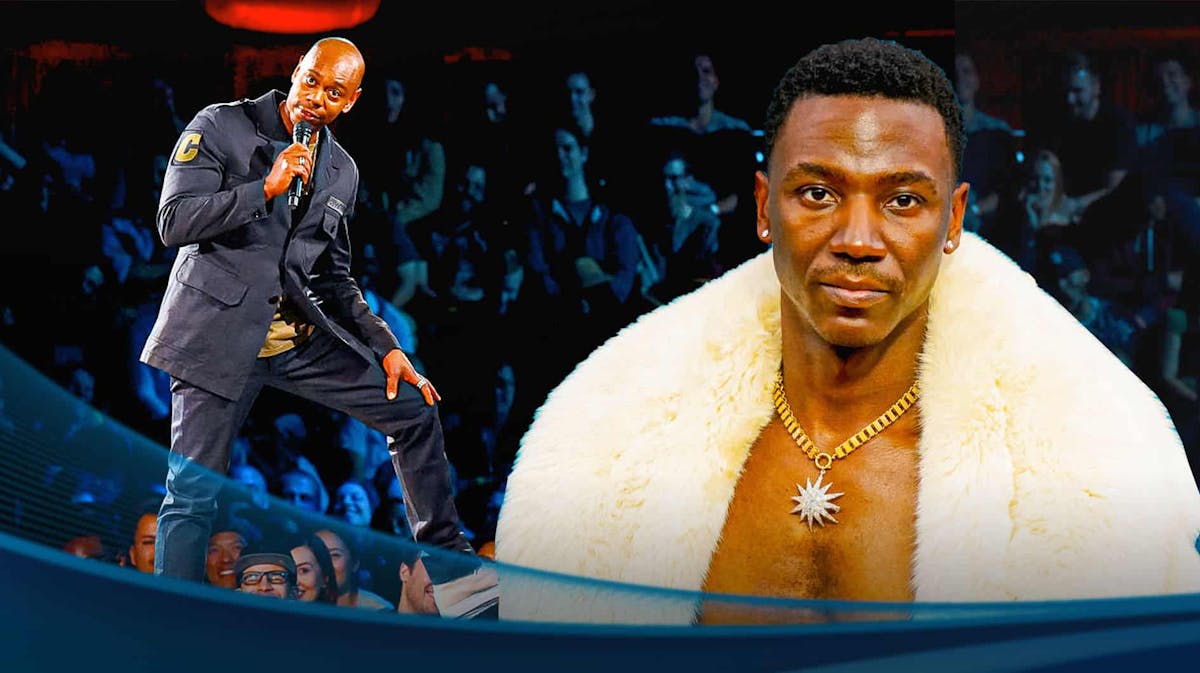Comedian Jerrod Carmichael has recently expressed regret over his public criticism of fellow comedian Dave Chappelle. In a candid admission on The Breakfast Club, Carmichael retracted his earlier statements made in a GQ profile, where he had criticized Chappelle’s focus on transgender topics in his comedy, per TheDailyBeast. Carmichael’s initial comments, which suggested that Chappelle’s legacy might be marred by his choice of material, sparked a demand from Chappelle for a public apology.
#JerrodCarmichael issues an apology for #DaveChapelle comments. 🎥: @breakfastclub pic.twitter.com/ogrxVaIydc
— theJasmineBRAND (@thejasminebrand) April 16, 2024
Carmichael’s response was not one of retreat but rather a reinforcement of his stance, as he labeled Chappelle an “egomaniac” in an Esquire interview. However, the tone shifted during his radio appearance, where Carmichael conveyed a deep sense of remorse for bringing his thoughts to the press rather than addressing them privately with Chappelle.
The Fan’s Perspective
Despite the apology, Carmichael maintained his admiration for Chappelle, whom he described as a “bright light in a dying industry.” He clarified that his criticism stemmed from a place of respect and fandom, emphasizing his desire for Chappelle to diversify his comedic topics. Carmichael’s critique was not about the content’s morality or ethics but rather about the narrow focus of Chappelle’s recent work.
The conversation took a reflective turn as Carmichael pondered the broader implications of his actions, vowing to keep future opinions about Chappelle between themselves. This declaration of intent to avoid public discourse on such matters underscored Carmichael’s acknowledgment of the unwanted attention the controversy had garnered.
Carmichael’s situation became further complicated thanks to comments from The Breakfast Club host Charlamagne Tha God, who criticized Carmichael for not extending grace to Chappelle, arguing that all comedians risk offense in their line of work. This perspective added another layer to the unfolding narrative, highlighting the delicate balance comedians must strike between pushing boundaries and respecting their peers.
In conclusion, Jerrod Carmichael’s journey from criticism to apology serves as a reminder of the complexities inherent in the world of comedy. As artists navigate their creative expressions, they also grapple with the reactions of their audience and peers, often leading to moments of introspection and growth. Carmichael’s experience with Chappelle is a testament to the evolving nature of public discourse and the personal reflections that emerge from it.




